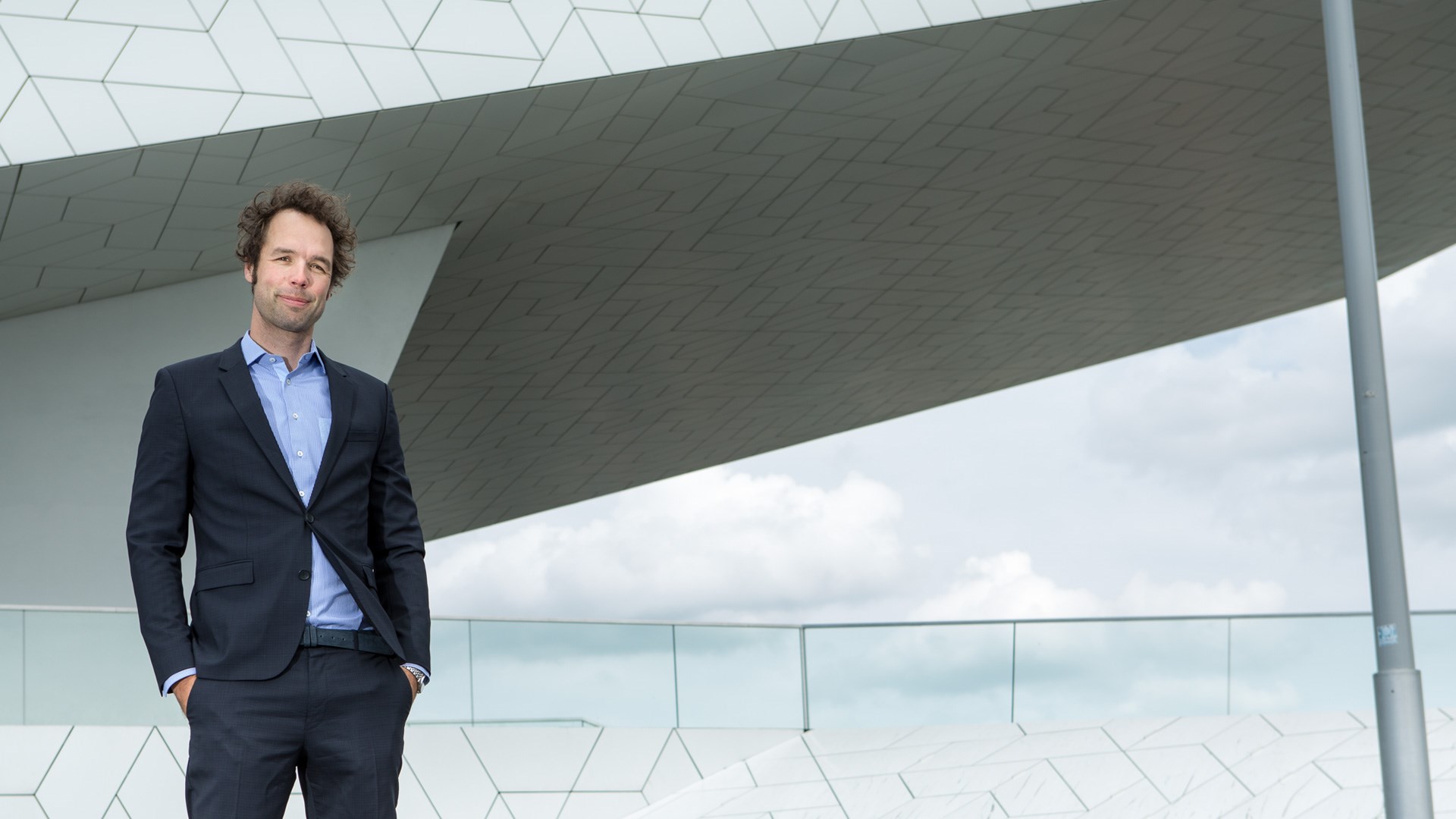The era of smart customisation – or auto-customisation – is upon us. This is the concept that an organisation or company knows you so well, it can predict what you want and that thing will be right there when you want it.
It's the big tech companies that have the insight into us. We've been using their facilities for years and they have files on the vast majority of us. They are using this information to customise their products and services.
Companies such as Google and Microsoft are working on this right now. They would do a text analysis on the emails that I send. They would check the words I am using and see that I am a bit stressed and haven't mentioned the word holiday for a while. They put two and two together and see that I need a holiday.
Now, these firms have been following me for years, so they know I always go to the south of Europe and spend a lot of weekends there. Before I know it, I see an advert: "Hey Thimon, you need a vacation in Portugal." The holiday is with my favourite airline and has a nice hotel: "We checked your calendar (which is in the cloud) and you have a weekend off coming up. And we've checked your bank account, so we know you can afford it!"
When I talk to people over 35, their reaction is: "It's a gross intrusion of privacy. I want it switched off and shut down!" But my students say something very different: "That's good. It is like a personal assistant and it'll save me two or three nights searching for my holiday on the internet. Why isn't it here already?"

Half of the apps for an Apple iPhone track the user's location, with Android phones it's about a third. For most people, the phone knows where you are. I see people thinking: "so what?" We don't care anymore that these companies know where we are. This is the privacy frontier. If you want our location you can have it, that's fine. People's location, how they move about: that's very valuable information.
Take facial recognition. You can do amazing things with it – but these are not switched on because the tech guys are afraid of a big public and media outcry. Let's say I was in a bar and I saw a nice lady. So, I take a picture of her with my mobile phone when she is not looking. I do a facial recognition search, and I see she loves tennis and Italian food. So I go over and I say: "Hey, how are you doing. I just got back from a tennis match and I am thinking about getting some food at my favourite Italian restaurant. Would you care to join me?"
“People will expect things to be customised for them. One-size-fits-all does not fit any more.”
Now that's a bit scary, but it's coming. I was in South Korea at the end of 2013 and they have smart billboards. This is a billboard with a camera on it, which can see you coming. It can recognise that say – you haven't shaved – and on comes a shaving commercial. The newest generation of cameras can tell if you're interested, if you are smiling. They can see if you are not interested. And if not, the ad goes away, and a different one appears.
I worked as a consultant for RTL, a big commercial broadcaster in the Netherlands, and they are preparing for the television of the future – which will have a camera, a microphone and a motion detector on it. It will see and hear who is watching and will customise the programmes and the commercial messages. Most people say: "I'll never let my TV watch me in my living room!" However, my students think it's a great idea as they love customised products and services.
So, the city of the future will know things about us, recognise us, and will be customised for us, whether that's inside your living room or at your smart office. People will expect things to be customised for them. One-size-fits-all does not fit any more. We have to start thinking about how we can customise all kinds of things in the future city and preferably smart-customise using the data that we have on people.